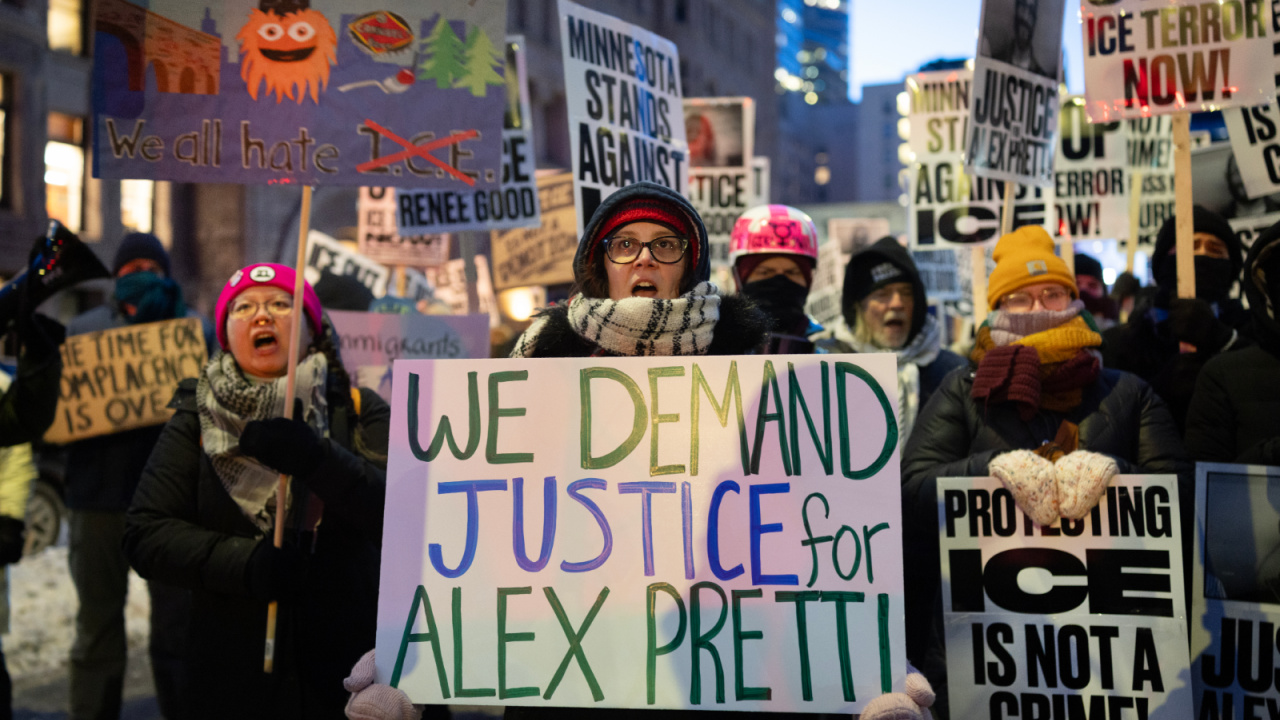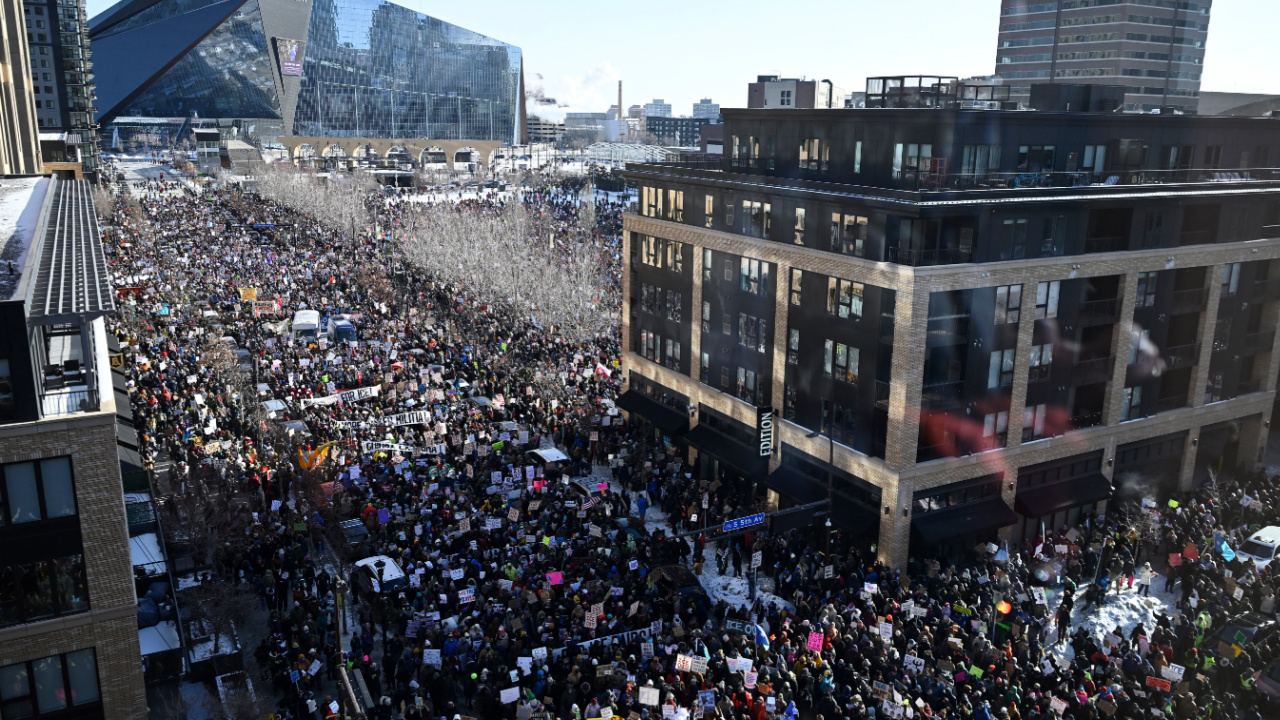
Everything You Need To Know About Florida’s New Anti-Immigration Bill
Florida Governor Ron DeSantis has signed a new sweeping anti-immigration bill that could potentially leave many undocumented immigrants in limbo.
According to the Florida State Government website, bill SB 1718 is “the strongest anti-illegal immigration bill in the nation to combat the Biden border crisis,” implementing strict rules that prohibit the employment, aid, housing or transport of undocumented immigrants in the state.
Undocumented people in Florida have a deadline of July 1 until the law takes effect. Here’s everything you need to know about the new bill:
Driving undocumented people into Florida will be a felony
Under the new legislation, undocumented immigrants and those around them can be convicted if caught violating the bill’s stipulations.
In this case, it will be illegal to drive an undocumented person into the state of Florida. The driver could face felony charges and up to 15 years in prison.
The bill considers these actions “human smuggling,” which includes “knowingly transporting five or more illegal aliens or a single illegal alien minor a second-degree felony subject to a $10,000 fine and up to 15 years in prison.”
Housing an undocumented immigrant is also a punishable offense
The law also makes it a felony to house undocumented people. For many families, this means risking felony charges for living with family members who have a different immigration status.
Hiring undocumented workers will also be punishable
In addition to housing and transporting undocumented people, it will now be a felony in the state of Florida to hire an undocumented worker. The bill requires employers to use E-Verify to check the legal status of employees. Those who fail to comply and use E-verify will be fined $1,000 per day.
Hospitals may now ask patients about their immigration status
Those seeking medical attention in Florida may now have to risk deportation and answer questions about their immigration status. Hospitals will be required to “collect and report healthcare costs for illegal aliens.”
Undocumented people cannot become lawyers in Florida, including current DACA recipients
Among the controversial are stipulations regarding DACA recipients, also known as Dreamers. Those covered under DACA, most of who came to the US as children, receive special permission to work in the US in renewable intervals.
However, Dreamers who practice law in Florida will no longer be able to do so when the law takes effect on July 1. Florida houses 4% of all 580,000 DACA recipients in the country.
Floridians are already responding to the new bill
Undocumented workers in Florida aren’t wasting time showing DeSantis how much his state depends on them. As soon as the bill made its way to the governor’s desk, some groups of undocumented workers protested the law, abandoning their job sites.
Farmworkers across the state also left the fields. Tweets show the effect on the economy this could have.
According to one tweet, one in five Florida residents immigrated from another country.
On social media, people are speculating on how this will backfire on Governor DeSantis.




